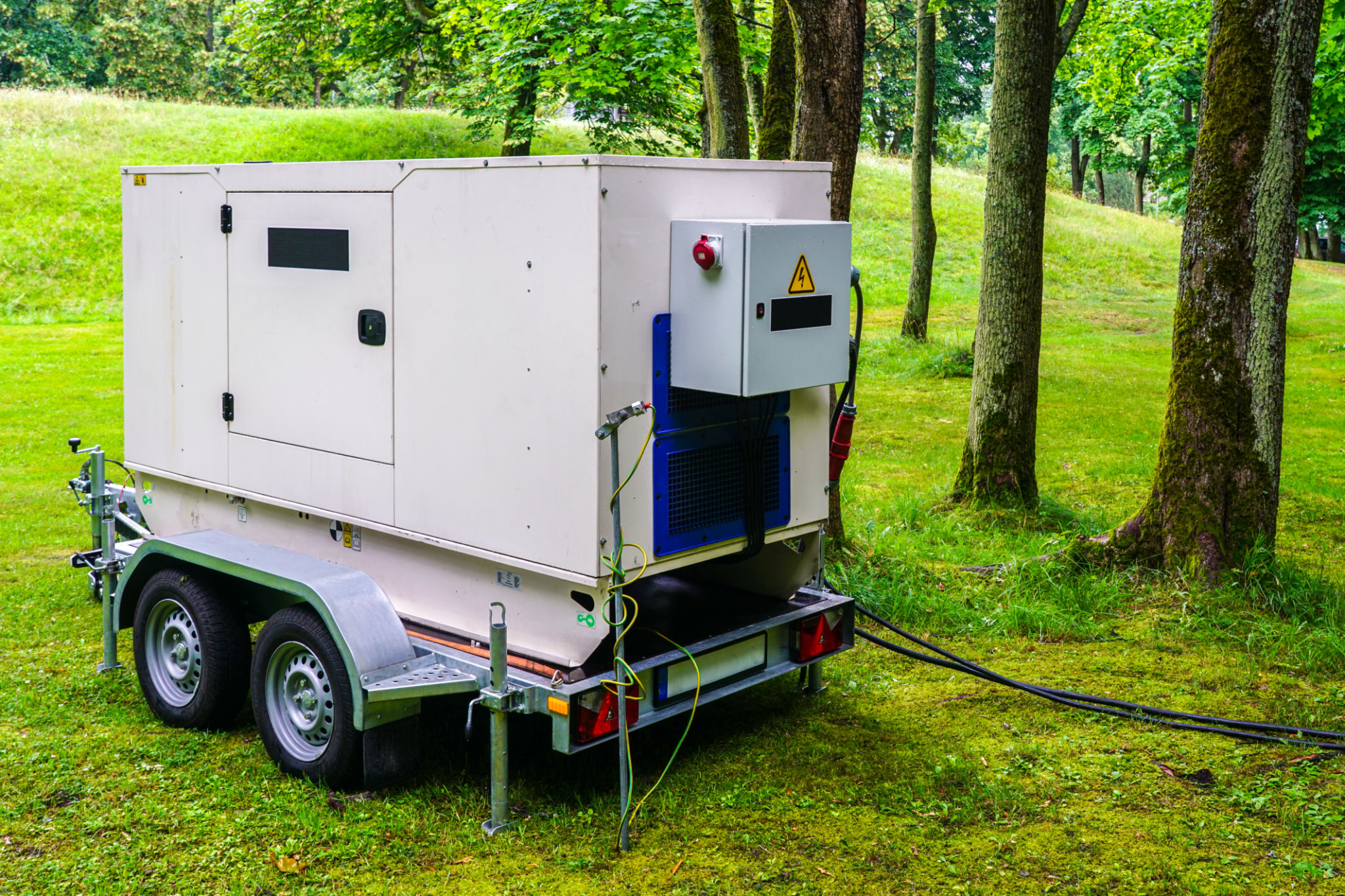Understanding Generator Rental Regulations in Israel
Introduction to Generator Rental Regulations
Renting a generator in Israel can be a practical solution for various needs, from construction projects to temporary power outages. However, navigating the regulations surrounding generator rental is critical to ensuring compliance and avoiding potential legal issues. This guide provides an overview of the key regulations and considerations when renting a generator in Israel.

Licensing and Permits
One of the first steps in renting a generator is understanding the licensing and permits required. In Israel, certain types of generators may necessitate specific permits, especially if they are used in public areas or for larger projects. It's essential to check with local authorities or consult with the rental company to determine which permits are necessary for your particular situation.
Moreover, some municipalities might have additional requirements that must be met before operating a generator. These can include noise restrictions or environmental impact assessments, which are crucial to consider during the planning phase of your project.
Safety Standards and Compliance
Safety is a top priority when it comes to operating generators. Israeli regulations stipulate certain safety standards that must be adhered to, ensuring both operator and public safety. This includes proper grounding, regular maintenance checks, and ensuring that generators are placed in well-ventilated areas to prevent hazardous emissions.

Operators must also be adequately trained in handling generators to minimize risks. Rental companies often provide training or resources to ensure compliance with these standards, making it important to inquire about available support when renting.
Environmental Considerations
Environmental regulations play a significant role in generator rental policies in Israel. Generators can produce emissions that contribute to air pollution, so it's crucial to choose models that comply with environmental standards. Opting for newer, more efficient generators can help reduce your carbon footprint.
Additionally, some regions may have specific emission standards that must be met, so it's advisable to research the local guidelines or consult with the rental provider to ensure environmental compliance.

Insurance and Liability
When renting a generator, understanding the insurance and liability implications is crucial. Rental agreements typically outline the responsibilities of both parties, including who is liable for damages or losses. It's important to review these terms carefully and consider obtaining additional insurance if necessary to protect your interests.
Discussing liability with the rental company can also clarify any ambiguities and help you understand what is covered under their insurance policies.
Conclusion
Navigating generator rental regulations in Israel requires attention to detail and a thorough understanding of local laws and requirements. By focusing on licensing, safety, environmental impact, and insurance considerations, you can ensure a smooth rental experience while staying compliant with all necessary regulations.
Before proceeding with your rental, take the time to consult with experts or local authorities to address any specific concerns you may have. This proactive approach will help you avoid potential pitfalls and make the most of your generator rental.